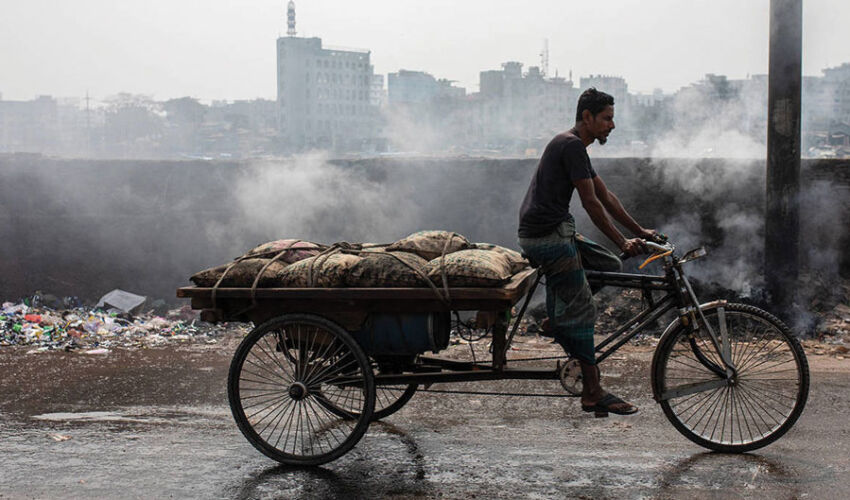
The CBAM mechanism imposes a fee on carbon contained in imported products with high greenhouse gas emissions. These products include steel, aluminum and cement. CBAM aims to support the EU’s greenhouse gas emissions trading system (ETS) and level the playing field for domestic and foreign producers, encouraging the transition to green manufacturing worldwide.
While the European Parliament has supported recent proposals to simplify CBAM, in its current form – and at the current rate of implementation – the mechanism risks losing legitimacy. Instead of promoting a fair and equitable energy transition, it could increase trade tensions, economic fragmentation and inequality, with little climate benefit.
In October 2023, a transitional phase of CBAM implementation began: importers are required to report the amount of carbon emissions associated with their products, but are not required to pay for them. This will change in January 2027, when a special CBAM levy on carbon-intensive imports comes into effect.
Most countries in the Global South, especially those with large volumes of exports to the EU, are not ready for this change because they lack the technical capacity to track and report on production-relatedCO2 emissions. Nor the institutional infrastructure to verify this data, nor the fiscal space to cover the costs of implementing these rules. We are witnessing symptoms of deep inequalities in the global system: the burden of combating climate change is unfairly distributed.
The problem is exacerbated by the fact that the revenues generated by CBAM will go to EU and British budgets, rather than to international climate finance or support for affected countries. This flaw in the system reinforces the view that the CBAM mechanism is not a sincere attempt to achieve global climate goals, but a tool of trade protectionism. Many countries, especially outside Europe, have raised similar concerns. They perceive the mechanism as a manifestation of unilateral trade policies masked by green rhetoric.
The geopolitical implications could be grim. CBAM is being introduced at a time of weakening multilateralism and escalating trade tensions. Without broad participation and explicit support for exporters affected by the mechanism, it threatens to increase economic fragmentation and weaken global confidence, at precisely the moment when international climate cooperation is becoming more important and official development assistance is declining.
But CBAM can still be fixed. With thoughtful reforms, it can be transformed from a rigid policy instrument into a catalyst for a just climate transition. To do so, the EU and the UK should consider delaying the entry into force of the financial part of the mechanism until at least 2028 to give developing countries time to prepare and adapt.
This pause should be underpinned by a strategic partnership that directs resources to building greenhouse gas tracking systems, strengthening regulatory capacity, building carbon unit markets, and increasing green industrial investment in climate-vulnerable countries.
In addition, a portion of CBAM revenues should be allocated to international climate partnerships. This would make the mechanism fairer, help build trust with developing countries, and ensure that carbon fees are an incentive rather than a punishment. But most importantly, CBAM should not be envisioned as an end destination, but as a step towards a coordinated and inclusive carbon fee system. Mutual recognition of national systems, political flexibility and the establishment of intermediate target levels will help prevent fragmentation and promote international convergence.
This goal cannot be achieved through border measures alone. If rushed, the CBAM mechanism could become just another divisive international levy. But if it is recalibrated through a constructive and pragmatic process designed to build trust, it can potentially become a unifying platform for international climate cooperation.
Rola Dashti,
UN Under-Secretary-General, Executive Secretary of the UN Economic and Social Commission for Western Asia.
Claver Gatete,
UN Under-Secretary-General, Executive Secretary of the UN Economic Commission for Africa.
Mahmoud Mohieldin,
UN Special Envoy for Financing the 2030 Agenda for Sustainable Development,
Co-Chair of the UN Group of Experts on Debt Issues, formerly Egypt’s Minister of Investment (2004-2010),
former Senior Vice President of the World Bank Group, former Executive Director of the International Monetary Fund.
© Project Syndicate, 2025.
www.project-syndicate.org

